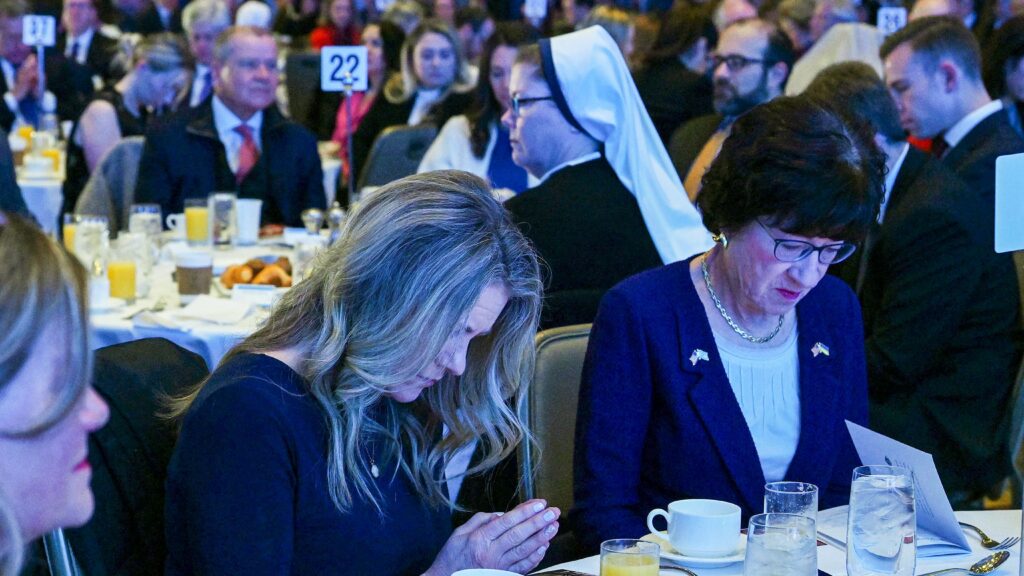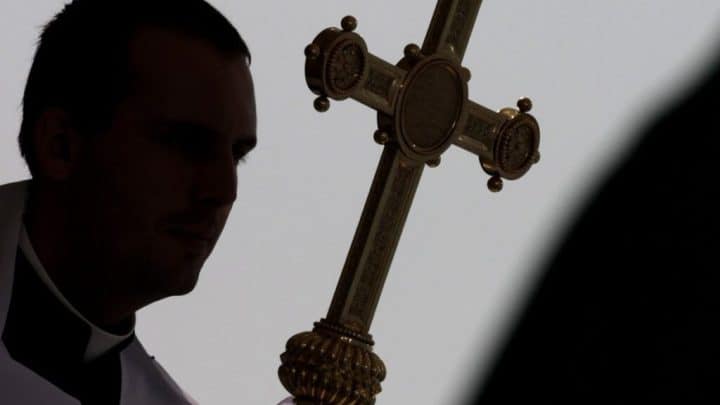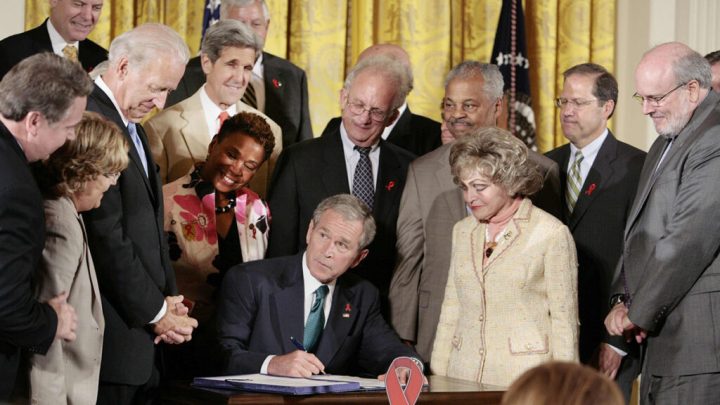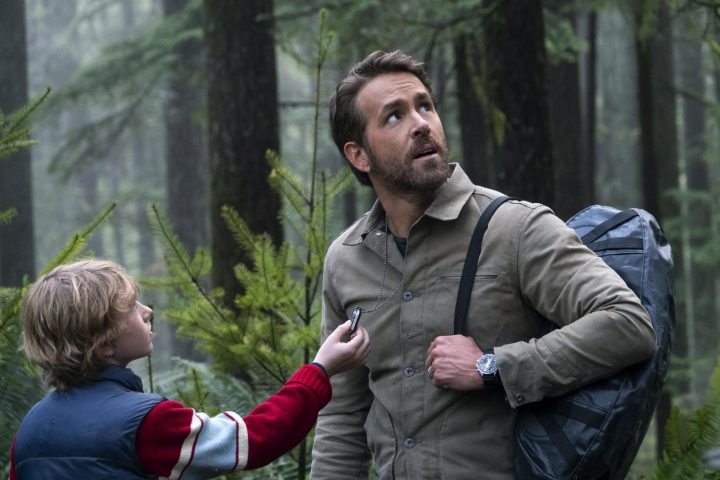
WASHINGTON (OSV News) — Speakers at the 19th annual National Catholic Prayer Breakfast Feb. 8 called upon attendees to pray for persecuted Christians in Nigeria amid recent violence, while emphasizing both the importance of humble discipleship in church life and expanding access to the sacrament of penance for the National Eucharistic Revival.
Bishop Wilfred Chikpa Anagbe of the Diocese of Makurdi in Nigeria’s Benue state told the gathering that in spite of the violence, “Christian seminaries and churches are full.”
“The Christian faith is growing in spite of the terrorists or maybe because of them,” Bishop Anagbe, a member of the Claretian missionary order, said of the church’s collective witness in the face of violence.
Bishop Anagbe was recently among the Nigerian Christians and humanitarian groups who called on the U.S. State Department to designate Nigeria as a “country of particular concern” in response to violence in that country perpetrated against predominantly Christian communities.
Since 2009, Islamist militants have claimed the lives of more than 52,000 Christians and destroyed more than 18,000 churches in Nigeria, according to the Intersociety report “Martyred Christians in Nigeria.”
The International Religious Freedom Act requires the annual designation by the U.S. government of “countries of particular concern,” or CPCs, defined as countries where governments either engage in or tolerate “particularly severe violations” of religious freedom. If a country is designated as a CPC, the State Department notifies Congress, and if non-economic policy options are exhausted, economic measures such as sanctions are imposed.
The U.S. Commission on International Religious Freedom, an independent, bipartisan federal entity established by Congress to monitor religious freedom abroad, recommended that Nigeria be designated as a CPC.
Helen Alvaré, a Catholic professor of law at George Mason University’s Antonin Scalia Law School, also spoke to the gathering where she received their annual Christifideles Laici Award.
Quipping that she used to enjoy comedian David Letterman’s top 10 lists, Alvaré proceeded to offer her top 10 pieces of advice for working in or for the Catholic Church.
Among that advice, Alvaré said: “Do not fool yourself that you’re doing God’s work just because you’re working inside the church.”
“You, God, your spiritual director and your confessor know the brutal truths,” she said. “Repeatedly assess yourself to make sure that you are a true disciple first.”
Bishop William D. Byrne of Springfield, Massachusetts, who spoke about the upcoming 2024 National Eucharistic Congress in Indianapolis, joked that his main qualification was really being the brother of Sister Deirdre “Dede” Byrne of the Little Workers of the Sacred Hearts of Jesus and Mary, who gained national attention after speaking at the 2020 Republican National Convention on abortion.
Bishop Byrne said St. Pius X, known as the “Pope of the Eucharist,” knew the sacrament is “a means of helping us, not a prize for those who are already there,” calling it an “error” that the sacrament is treated as a “reward rather than a remedy.”
The National Eucharistic Congress is the main event of the National Eucharistic Revival, a three-year initiative the U.S. Catholic bishops launched in 2022 to renew and strengthen Catholics’ understanding of and love for Jesus in the Eucharist. The revival’s first year focused on diocesan life and its second year on parish life; the final year focuses on missionary discipleship.
The revival also includes a National Eucharistic Pilgrimage, in which pilgrims walk across the country along four designated pilgrimage routes with the Eucharist, which converge in Indianapolis for the congress.
Bishop Byrne said that in order for there to be a Eucharistic revival, there also must be a revival of the sacrament of reconciliation, exhorting change in parishes where confession is limited to brief timeframes that are largely inaccessible to most Catholics.
“My experience is like the ‘Field of Dreams,’” he said in reference to the 1989 film. “‘If you build it, they will come.’”
The annual National Catholic Prayer Breakfast was launched in 2004 in response to St. John Paul II’s call for a “new evangelization” and has been held annually with the exception of a virtual event during the COVID-19 pandemic, organizers said. It draws religious leaders, elected officials and laypeople working in a variety of fields in the nation’s capital.
Kate Scanlon is a national reporter for OSV News covering Washington. Follow her on X (formerly Twitter) @kgscanlon.




